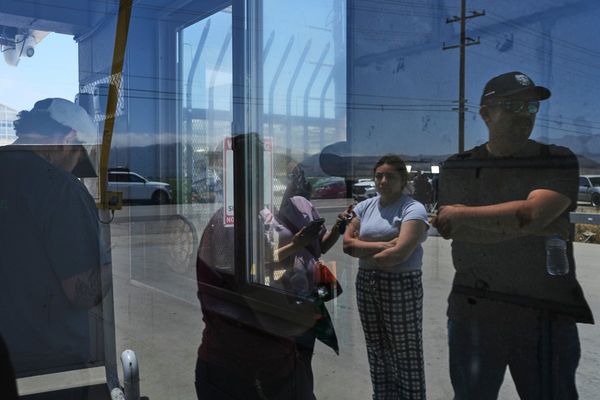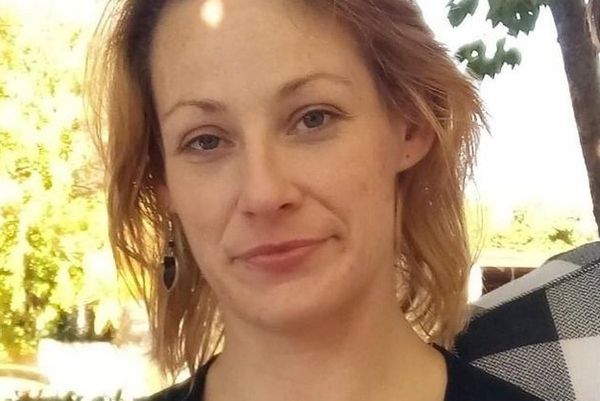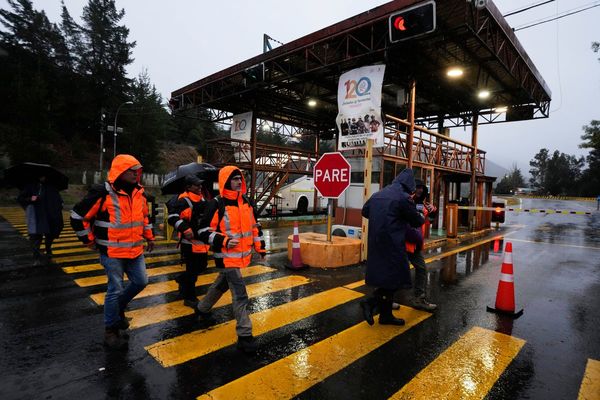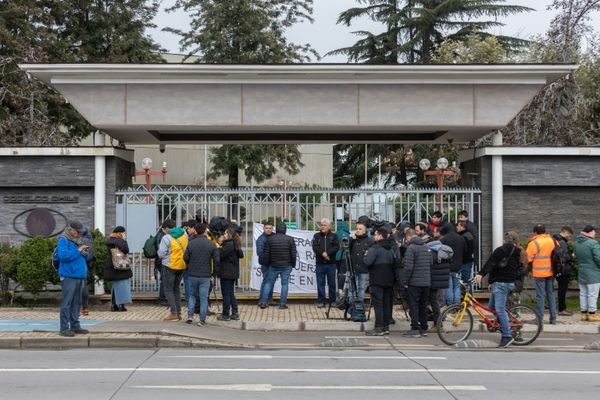From legendary documentary filmmaker and two-time Oscar winner ("Harlan County, USA" and "American Dream") Barbara Kopple comes "Desert One," the story of Operation Eagle Claw, a failed rescue mission during the Iran hostage crisis in 1980.
Kopple weaves together archival news footage and interviews with everyone from hostages to hostage takers, from special forces servicemen to ex-President Jimmy Carter. If there's someone who was involved in this situation, Kopple tracks them down to unpack just what happened _ even an Iranian passenger on a bus that the mission accidentally intercepted. It's an autopsy of sorts, offering context for the mission, the situation in Iran and the U.S., and the political ramifications on Carter's reelection (which he ultimately lost). It's an extraordinarily detailed dissection of the mission itself, the planning, the men involved and what exactly went wrong.
The thoroughly exhaustive "Desert One" follows a standard formula. It's produced by the History channel, so there's no surprise that the talking heads interviews and sweeping score feel decidedly of that TV military hagiography genre. The second act becomes bogged down in the details of planning and execution of the mission, and the mission itself, which is predominantly rendered with animated sequences. But Kopple carefully threads the needle on connecting the political choices behind the mission, one Carter long kept as a Plan B, choosing instead to pursue a path of diplomacy to free the hostages. That choice, and the tragedy of the mission, cost him his second term, losing to a pro-war Reagan.
What's almost immediately obvious about "Desert One," though, is that it is, indeed, a piece of glossy military propaganda, even though this isn't necessarily a story of U.S. military triumph, but one of sorrow. We are almost immediately tipped off to that before the title sequence, when a phone call with Carter authorizing the mission is advertised with onscreen text as a never-before-heard classified recording. The content of the call isn't all that shocking, but it signifies to the audience the filmmakers' access, which has been granted, or perhaps even groomed by the U.S. government.
Because the U.S. government and CIA often wage their wars via culture, whenever previously classified information appears in the movies, such as in award-winning films as "Argo" or "Zero Dark Thirty," one can assume it's not necessarily due to an enterprising filmmaker extricating it from the vault with an onslaught of Freedom of Information Act requests. Rather, the government has decided to carefully parcel out the information to a trusted filmmaker to dramatize one of these historical moments to burnish the reputation of the military, federal government or the CIA. It's important context to be aware of in our own readings of films of this nature. The Desert One disaster is a prime historical event for this kind of film: safely in the past, the details previously unknown, tied to a highly recognizable event and perfect to generate sympathy for the military through the loss of life and personal sacrifices made.
Yet this angle feels at odds with Kopple's investigative instincts, which are clearly drawn away from this story of military tragedy to the larger forces and impact: how the hostage crisis was wielded for political and cultural gain, by both Ayatollah Khomeini and Reagan. That's the real meat of the story, not necessarily how long the special ops forces trained with night vision goggles. The political and cultural aspect of the film is incredibly dynamic, not so the lagging midsection, bloated with logistics.
But the logistics do serve as a sort of comeuppance for Carter. When all the media and politicking is swept aside and it's just the transcripts and the phone calls, you understand the way in which this president, a former naval officer dedicated to his personal belief of peacekeeping, wrestled with the right way to handle this. That morality and willingness to do the right thing, not the political thing, is truly rare to witness in this day and age.







